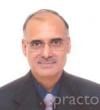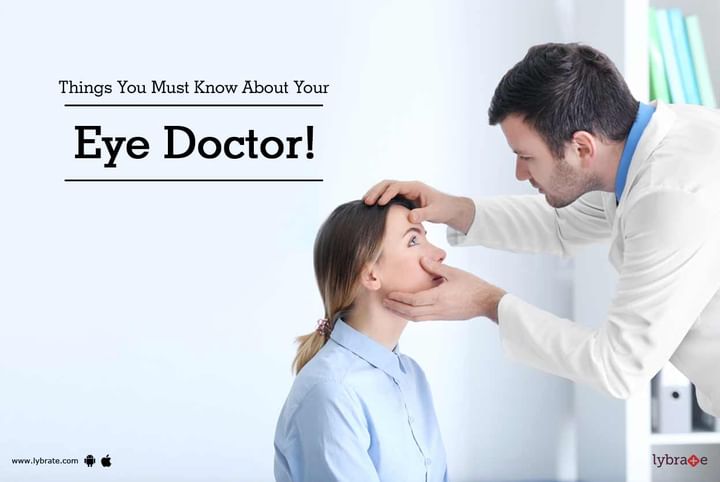Things You Must Know About Your Eye Doctor!
It is very essential in the present times to understand the training, ability and skills of the doctors whom you select for your needs.
An Eye Doctor is called an Ophthalmologist. He/she can possess following qualifications
-
M.S (Ophth) : This is called Master Of Surgery in Ophthalmology. It takes Three years of training in a Medical Council recognized Medical College after passing M.B;B.S and includes undertaking and submission of a thesis or research Paper during the training. It can be done by obtaining seat based on Merit, Based on reservation or Based on Donation
-
D.O (Ophth) : This is called Diploma in Ophthalmology. It is similar to M.S. except that training period is TWO years and does NOT include doing research paper
-
DNB (Ophth): This is called Diplomat of National Board in ophthalmology. The training is done after M.B;B.S in some private institutes or hospitals recognized by National board of examinations and not in MCI recognized Medical college
Long Term Fellowships: As the knowledge base is increasing, there is further training undertaken for super specializing in some specific field of eye surgery through a process called FELLOWSHIP. This includes training for about two years after M.S., D.O or D.N.B in some Institues of repute like Shankar Nethralaya Chennai, Aravind Eye Care Systems ( Madurai/ Coimbatore), L.V.Prasad Eye Institute ( Hyderabad) to name a few. The training involves doing actual work in specialized techniques under supervision and guidance of experts in respective fields like Retina, Cornea, Glaucoma, Oculoplasty, Phaco and Refractive Surgery, Paediatric Ophthalmology, Neurophthalmology etc.
Short Term Fellowships: They are similar to long term fellowships but training period is very short , like 2-3 months . The training helps a general ophthalmologist to acquire some skills in a speciality but not sufficient to be able to be a super specialist. However, some doctors with such training may claim to be superspecialists!
ACEDEMIC FELLOWSHIPS: Such fellowships test the knowledge of Doctor through two or three steps of examinations/ Viva. There is no practical training given Examples are,
FRCS: Fellow of Royal College of Surgeons
FICO: Fellow of International Council of Ophthalmologists
FAICO: Fellow of All India Collegium of Ophthalmologists
Some senior Ophthalmologists who were trained in multiple eye diseases and worked for a long time in handling them may be as good as superspecialists in some areas.
Besides Ophthalmologists, some trained personnel can undertake some eye care tasks like
Optometrists: They can assess and prescribe Spectacle power(numbers), prescribe and dispense contact lenses, run some eye tests on machines.
Opticians: They can make/ sell glasses or contact lenses as prescribed by Ophthalmologists/ optometrists. They can not prescribe. Yet, many shops do so without Optometrists.
Ophthalmic Technicians: They can operate machines like Perimetry, OCT, A scan ultrasonography, Topography etc.
Hope that now the readers are better informed about their eye care providers. If you wish to discuss about any specific problem, you can consult an Ophthalmologist.



+1.svg)
